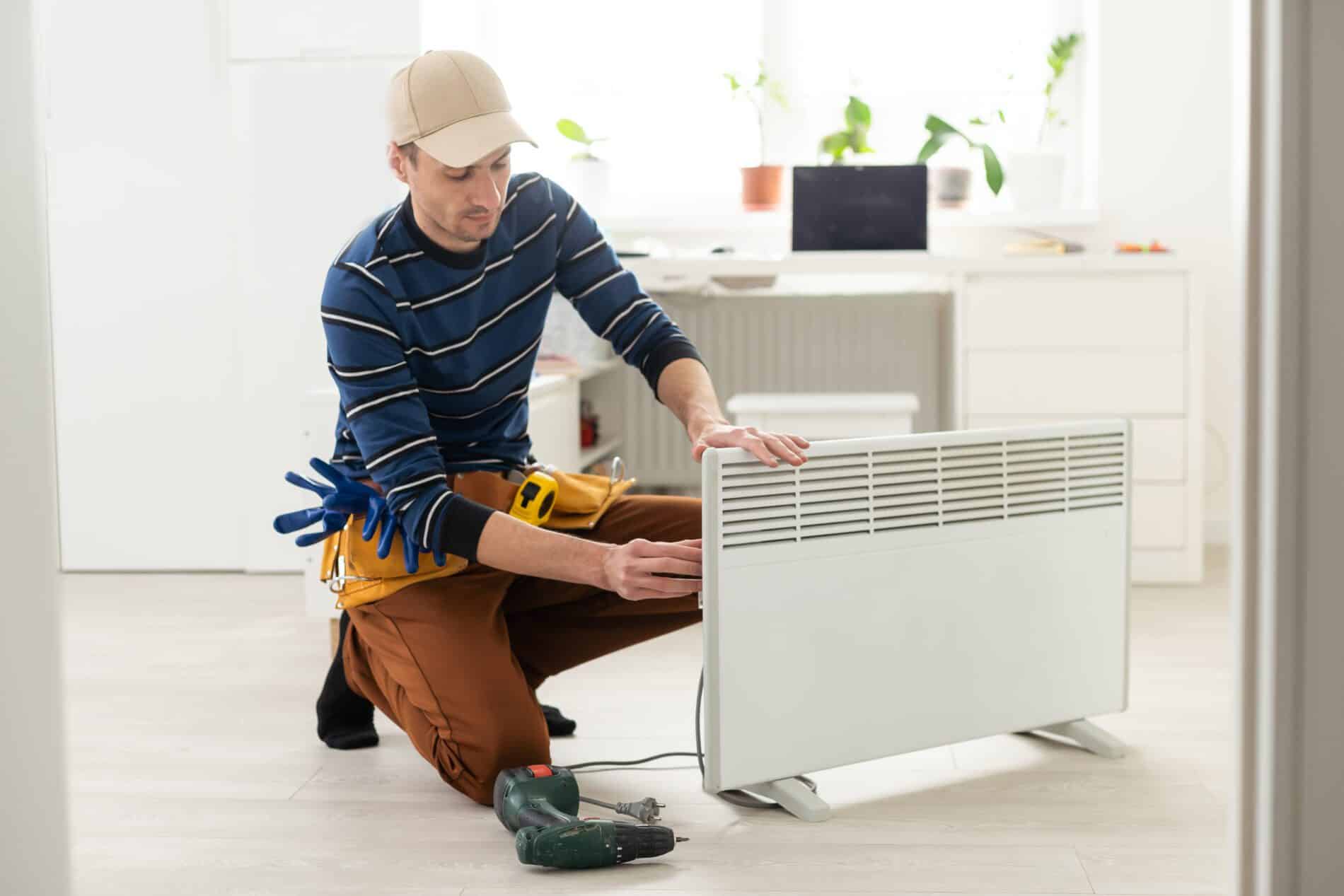Typical Heater Issues And Solutions
Typical Heater Issues And Solutions
Blog Article
We have unearthed this post about Common Problems with Your Home Water Heater directly below on the web and believe it made sense to relate it with you on my blog.

Picture starting your day without your routine hot shower. That already establishes a bad tone for the remainder of your day.
Every residence requires a reputable hot water heater, yet just a couple of know how to take care of one. One easy means to maintain your hot water heater in leading form is to check for faults regularly and fix them as soon as they show up.
Remember to turn off your water heater before sniffing around for faults. These are the water heater faults you are most likely to encounter.
Water as well hot or too cold
Every water heater has a thermostat that determines just how warm the water gets. If the water coming into your house is also hot regardless of setting a convenient optimum temperature, your thermostat may be faulty.
On the other hand, as well cold water might be due to a stopped working thermostat, a damaged circuit, or incorrect gas flow. As an example, if you utilize a gas hot water heater with a damaged pilot light, you would certainly obtain cold water, even if the thermostat remains in best condition. For electric heating units, a blown fuse may be the wrongdoer.
Not enough warm water
Water heaters been available in several sizes, depending upon your hot water demands. If you run out of warm water prior to everyone has actually had a bath, your water heater is also small for your family size. You must take into consideration setting up a bigger hot water heater tank or opting for a tankless water heater, which occupies much less room and is more long lasting.
Unusual sounds
There are at least 5 type of sounds you can speak with a water heater, however the most common interpretation is that it's time for the water heater to retire.
Firstly, you should know with the regular sounds a hot water heater makes. An electric heating unit might sound different from a gas-powered one.
Popping or banging audios normally indicate there is a piece of sediment in your tanks, and also it's time to clean it out. On the other hand, whistling or hissing sounds may simply be your valves letting some pressure off.
Water leaks
Leakages can come from pipelines, water links, shutoffs, or in the worst-case situation, the storage tank itself. Gradually, water will corrode the container, and also discover its way out. If this takes place, you require to replace your hot water heater asap.
Nevertheless, before your adjustment your entire storage tank, be sure that all pipelines are in area and that each valve functions completely. If you still require assistance recognizing a leak, call your plumber.
Rust-colored water
Rust-colored water suggests one of your water heater parts is corroded. It could be the anode pole, or the container itself. Your plumber will certainly be able to determine which it is.
Warm water
No matter how high you set the thermostat, you will not obtain any warm water out of a heater well past its prime. A water heater's performance may minimize with time.
You will certainly likewise obtain lukewarm water if your pipes have a cross connection. This suggests that when you turn on a tap, warm water from the heater flows in together with regular, cold water. A cross connection is simple to area. If your hot water taps still follow shutting the hot water heater shutoffs, you have a cross connection.
Discoloured Water
Corrosion is a major source of filthy or discoloured water. Rust within the water container or a stopping working anode pole can cause this discolouration. The anode pole protects the tank from rusting on the within as well as must be examined yearly. Without a rod or an appropriately operating anode rod, the warm water swiftly rusts inside the tank. Get in touch with an expert water heater technician to determine if replacing the anode rod will certainly deal with the issue; otherwise, replace your water heater.
Final thought
Preferably, your water heater can last 10 years prior to you require a change. Nevertheless, after the 10-year mark, you may experience any of these mistakes a lot more on a regular basis. Now, you must add a new water heater to your budget.
How To Troubleshoot 3 Common Water Heater Problems in Twin Cities
The Water Heater Is Leaking
A leaky cold water inlet valve A loose pipe fitting A leaky temperature and pressure relief valve A corroded anode rod A cracked tank Turn Off Your Water Heater:
Shut off your gas water heater by turning the gas valve on the unit to the “OFF” position. Shut off your electric water by switching its power off at your electrical panel. Look for a two-pole breaker labeled “water heater” and turn it to the “OFF” position. Move the ball valve connected to the water heater to be perpendicular to the piping at a 90° angle. Look for the Leak:
Depending on whether the water is coming from the tank's top or bottom, you’ll want to look for the leak in different locations.
If the leak comes from the top of the tank, carefully look for water escaping from the cold water inlet valve or loose pipe fittings. Rusted hot and cold water valves can have loose connections with the tank, with water leaking out of them.
https://mspplumbingheatingair.com/blog/how-to-troubleshoot-3-common-water-heater-problems
As a devoted reader about Water Heater Repair and Troubleshooting, I was thinking sharing that piece of content was a smart idea. Kindly take the time to promote this page if you enjoyed reading it. I take joy in reading our article about Water Heater Repair and Troubleshooting.
Avoid further plumbing damage; call. Report this page